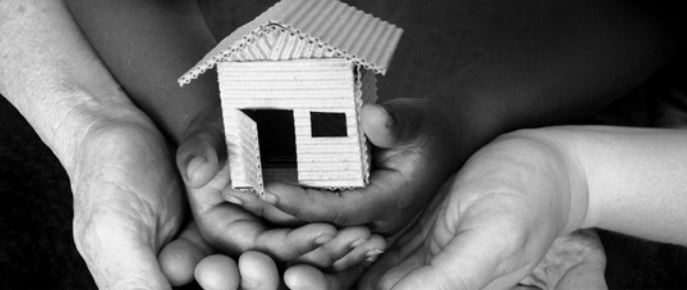Protection against forced eviction – An integral element of the right to adequate housing

From Current Affairs Notes for UPSC » Editorials & In-depths » This topic
IAS EXPRESS Vs UPSC Prelims 2024: 85+ questions reflected
Context: Communal clashes broke out during Ram Navami processions in several parts of the country including at Khargone in Madhya Pradesh. Subsequently, the Madhya Pradesh government bulldozed the houses of those who were allegedly involved in rioting.

Right to adequate housing
Article 21 of the Indian Constitution:
- The right to housing is not only a fundamental right recognized under Article 21 of the Indian Constitution, it is also a well-documented right under the international human rights law framework, which is binding on India.
Article 25 of the Universal Declaration of Human Rights (UDHR):
- Article 25 of the Universal Declaration of Human Rights (UDHR) states that “everyone has the right to a standard of living adequate for the health and well-being of himself and of his family, including food, clothing, housing and medical care…”
Article 11.1 of the International Covenant on Economic, Social and Cultural Rights (ICESCR):
- Article 11.1 of the International Covenant on Economic, Social and Cultural Rights (ICESCR) recognizes “the right of everyone to an adequate standard of living for himself and his family, including adequate food, clothing and housing, and to the continuous improvement of living conditions”.
- Furthermore, under Article 11.1, countries are under an obligation to take “appropriate steps” to ensure the realization of these rights such as the right to adequate housing.
- The rights recognized under ICESCR, according to Article 4, can be restricted by States only if the limitations are determined by law in a manner compatible with the nature of these rights and solely to promote society’s general welfare.
- However, any limitation imposed on the rights given in the Covenant such as the right to adequate housing cannot lead to the destruction of these rights. This is categorically recognized in Article 5 of ICESCR.
- Besides, international law also prohibits arbitrary interference in an individual’s right to property.
Article 12 of the UDHR:
- Article 12 of the UDHR states that “no one shall be subjected to arbitrary interference with his privacy, family, home or correspondence, nor to attacks upon his honour and reputation”.
- Article 12 also stipulates that “everyone has the right to the protection of the law against such interference or attacks”.
Article 17 of the International Covenant on Civil and Political Rights (ICCPR):
- Article 17 further provides that everyone has the right to own property alone as well as in association with others and that no one shall be arbitrarily deprived of his property.
- Thus, arbitrary interference with an individual’s property is a gross violation of the ICCPR.
Protection against forced evictions
An integral element of the right to adequate housing:
- The Office of the High Commissioner for Human Rights (OHCHR) commonly known as the United Nations (UN) Human Rights Office — whose mandate is to promote and protect human rights guaranteed under international law — has elaborated on the content of the right to adequate housing.
- According to the UN Human Rights Office, an integral element of the right to adequate housing is ‘protection against forced evictions’.
- Building on the right to adequate housing, given in Article 11.1 of ICESCR, the UN Human Rights Office defines ‘forced evictions’ as ‘permanent or temporary removal against the will of individuals, families and/or communities from the homes and/or land which they occupy, without the provision of, and access to, appropriate forms of legal or other protection’.
- The right to adequate housing also entails freedom from arbitrary interference with one’s home, privacy, and family.
Way forward
The international human rights law identified has been judicially incorporated by the Supreme Court of India into the Indian legal system.
Judicial incorporation:
- The apex court in cases like Bachan Singh vs the State of Punjab, Vishaka vs the State of Rajasthan, and recently in the famous Puttaswamy vs Union of India has laid down the principle that the fundamental rights guaranteed under the Constitution must be read and interpreted in a manner which would enhance their conformity with international human rights law.
- As the custodian of India’s constitutional order, it is high time that the judiciary acted and imposed necessary checks on the unbridled exercise of power by the executive.
- Courts should use international law to counter the nationalist-populist discourse.
Practice Question for Mains
- Considering the recent bulldozing of houses in M.P. to impose collective punishment on the alleged rioters, it is high time for the judiciary to act and impose necessary checks on the unbridled exercise of power by the executive. Discuss. (250 Words, 15 Marks)
If you like this post, please share your feedback in the comments section below so that we will upload more posts like this.

